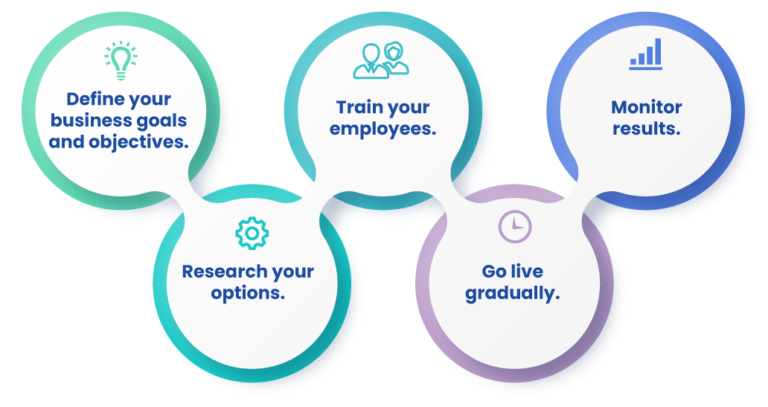How Does Omnichannel Benefit Field Service Organizations?
There’s no question that field service organizations are under pressure to do more with less. Drive times are increasing as workforce attrition takes its toll, while customers are demanding more personalized and attentive service. The answer to these challenges lies in omnichannel customer service, which can transform your field service operations in several ways:
Omnichannel provides a centralized view of the customer. In an omnichannel system, all customer interactions – whether they take place over the phone, online, or in person – are logged in a central database. This gives you a complete picture of the customer’s history with your organization, making it easier to resolve issues quickly and efficiently.
Omnichannel increases first-time fix rates. With all customer interactions documented in one place, your team can quickly identify trends and recognize patterns that may be indicative of larger problems. This allows you to proactively address issues before they become formal complaints or escalate into something more serious.
Omnichannel boosts customer satisfaction. By providing your team with the tools they need to resolve issues quickly and efficiently, omnichannel systems make it possible to deliver the high-quality service that today’s customers expect. And when customers are happy, they’re more likely to continue doing business with you – even when there are other options available.
Omnichannel leads to operational efficiencies. When done right, an omnichannel system can streamline your entire operation – from dispatch to technician.
Strategies for Implementing an Omnichannel Solution in the Field
To implement an omnichannel solution in the field, businesses need to consider the following strategies:
- Define your business goals and objectives: What are you trying to achieve with an omnichannel solution? Make sure that everyone in your organization is aware of these goals so that they can buy into the idea and help make it a reality.
- Research your options: IFS Cloud for Service Management offers omnichannel customer service in their solution.
- Train your employees: Once you’ve selected a solution, make sure all employees receive proper training on how to use it. This will ensure a smooth implementation and help everyone get the most out of the new system.
- Go live gradually: Don’t try to implement your omnichannel solution overnight – this will only lead to frustration and confusion. Instead, roll it out gradually so that employees and customers have time to adjust. Start with a few channels and then add more as needed.
- Monitor results: After going live with your solution, take some time to monitor its performance. Are employees using it as intended? Are customers responding positively? Add or remove channels as necessary until you find the perfect balance for your business operations
In conclusion, omnichannel customer service transforms field service operations by streamlining communication, optimizing resource allocation, enabling personalized service, and improving overall customer satisfaction. Embracing technology and integrating various communication channels is crucial for companies looking to stay competitive and deliver exceptional field service experiences.
To learn more about how the IFS Cloud platform can help your organization increase customer satisfaction, contact us today we’re always here to help!








